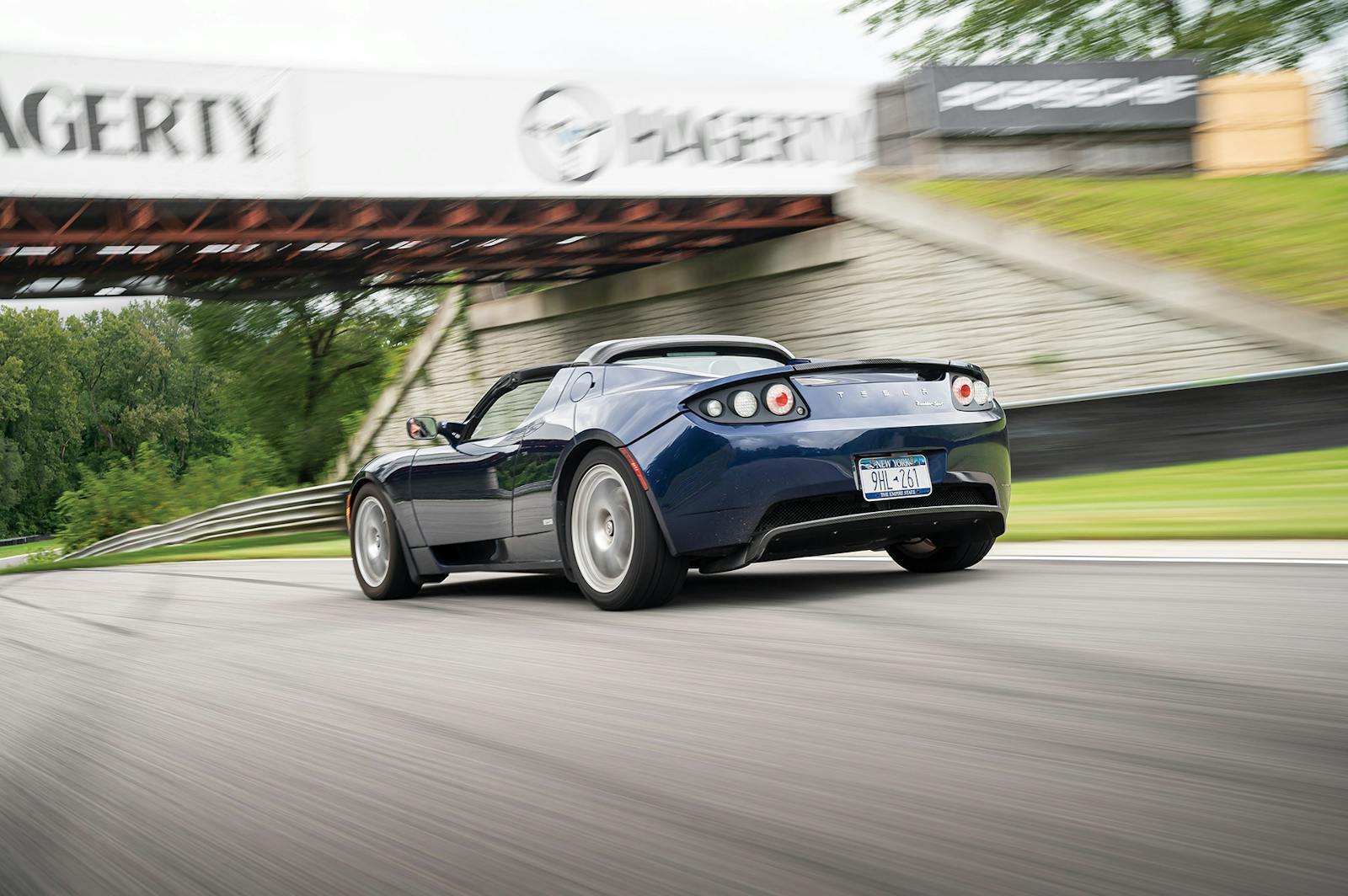Hagerty Market Rating shows a retreat toward a flat market

The Hagerty Market Rating is a monthly assessment of the trajectory of the collector car market. To learn more about how the Market Rating value is reached, click here.
The Hagerty Market Rating has decreased for the seventh consecutive month to its lowest point since summer 2021. While its current value of 67.23 is still in the “expanding market” range of the Market Rating bell-curve, the rating has decreased in 15 of the last 17 months and now sits 11 points beneath its June 2022 high.
The Hagerty Market Index, an open-ended index (like the DJIA or NASDAQ Composite) of the Market Rating, has fallen 18 points since its high in December 2022 to its current value of 187.79. Despite its continued slump, the current value of the Hagerty Market Index is still higher than its previous peak in 2015.
In the past quarter, monthly inflation did not increase for the first time since the start of the year, giving some much needed relief to many of the Market Rating component metrics. For the first time in seven months, only half of the 14 component metrics decreased, and some even increased after long periods of drought. For instance, High End Insured Values saw its first increase in 13 months. However, the last time only half of the metrics decreased, the Market Rating saw its sole increase on the year.
So why did the Market Rating decrease nearly a full point this month? Some metrics saw historic losses.
Broad Market Insured Values, a metric that has been in free fall after a 28-month streak of increases during the Market Rating’s most recent period of extended growth, just experienced its third largest single-month drop since this metric was added to the Market Rating in 2010. That said, Hagerty still receives eight calls to raise insured values for every one time the insured value is lowered on a collector vehicle.
The Auction Median Sale Price metric, which saw its third largest single-month decrease since the start of the pandemic, is now at its second lowest value of all time. In similar fashion, optimism among our industry experts remains at its lowest point since March 2020, when all in-person auctions were canceled. They cited poor results at auctions as the primary reason for labeling the current classic car market as “flat,” citing lots of unsold cars, as well as a number of decreasing sale prices in the marketplace. Many owners are taking loses on flips bought only a year ago.

Despite many disappointing sales, a 1962 Ferrari 330 LM / 250 GTO sold for $51.7M (including buyer’s premium) at a Sotheby’s auction in New York. This sale was right in line with the #1 condition value of the most similar vehicle in the Hagerty Price Guide, a 1963 Ferrari GTO SII 330. While it didn’t manage to reach RM Sotheby’s estimate of “in excess of $60 million,” chassis 3765 LM did manage to become the most expensive car of the year and the second-most expensive car ever sold at auction.
This headline-grabbing record sale won’t have any effect on the Hagerty Market Rating, though, which is likely to continue its fall toward the “flat market” range of the 0-to-100 scale.
***
Check out the Hagerty Media homepage so you don’t miss a single story, or better yet, bookmark it. To get our best stories delivered right to your inbox, subscribe to our newsletters.


Many vintage cars are so artificial high priced. The car auctions have really driven prices up and I just wonder how long they will hold on.
“In the past quarter, monthly inflation did not increase for the first time since the start of the year”
Really? I call b.s. Prices are still going up. Only relief has recently been on gas but that is it.
Agree. And they don’t even count gas or groceries in the inflation index. They should, but they don’t so even a drop in gas prices doesn’t affect inflation.